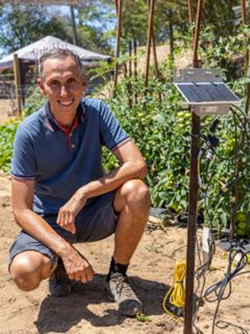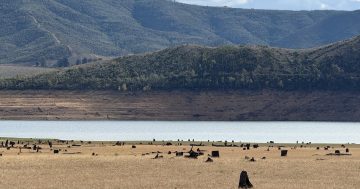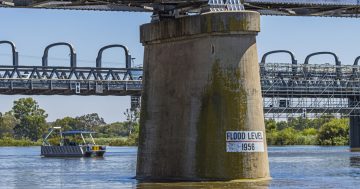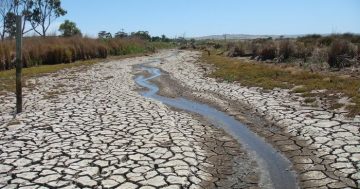 New research undertaken by the Department of Primary Industries and Regional Development (DPIRD) is designed to unlock under-utilised water supplies to irrigate horticulture crops.
New research undertaken by the Department of Primary Industries and Regional Development (DPIRD) is designed to unlock under-utilised water supplies to irrigate horticulture crops.
DPIRD has begun trials for the project, using marginally saline water on tomato, capsicum and rock melon crops at its South Perth research facility.
It said soil salinity measuring equipment would also be installed on growers’ properties in the South-West to monitor the impact of salt on crop performance.
Research Scientist at DPIRD, Lukasz Kotula said a significant amount of moderate quality groundwater of between 1,000 and 3,000 milligrams per litre of total dissolved solids (TDS) could potentially be available for horticulture production.
“It is estimated that there is conservatively more than 70GL of moderate quality groundwater in WA,” Dr Kotula (pictured) said.
He said that while much of the better quality water in the Swan Coastal Plain was already allocated to irrigators and other water users, there were large volumes of marginally saline water not being used for irrigation.
He said that in many other countries in the world, water of above 1,000 mg/L TDS was successfully used to irrigate crops.
Tomatoes were grown successfully in arid areas of China using water of about 3,000mg/L TDS and capsicums were grown in Israel with 1,800mg/L TDS on sandy soil.
“Our research project will provide valuable information on what quality marginally saline water could be used for different crops and management strategies, taking into account local climate, rainfall, soil type, drainage and leaching considerations,” Dr Kotula said.
He said the research project would examine the optimal irrigation type and frequency, soil moisture levels, mulch to reduce evaporation, time of year and crop growth stage for saline water use in the South-West.
For further information or to participate in the project by hosting soil salinity measuring equipment Dr Kotula can be contacted on [email protected].









